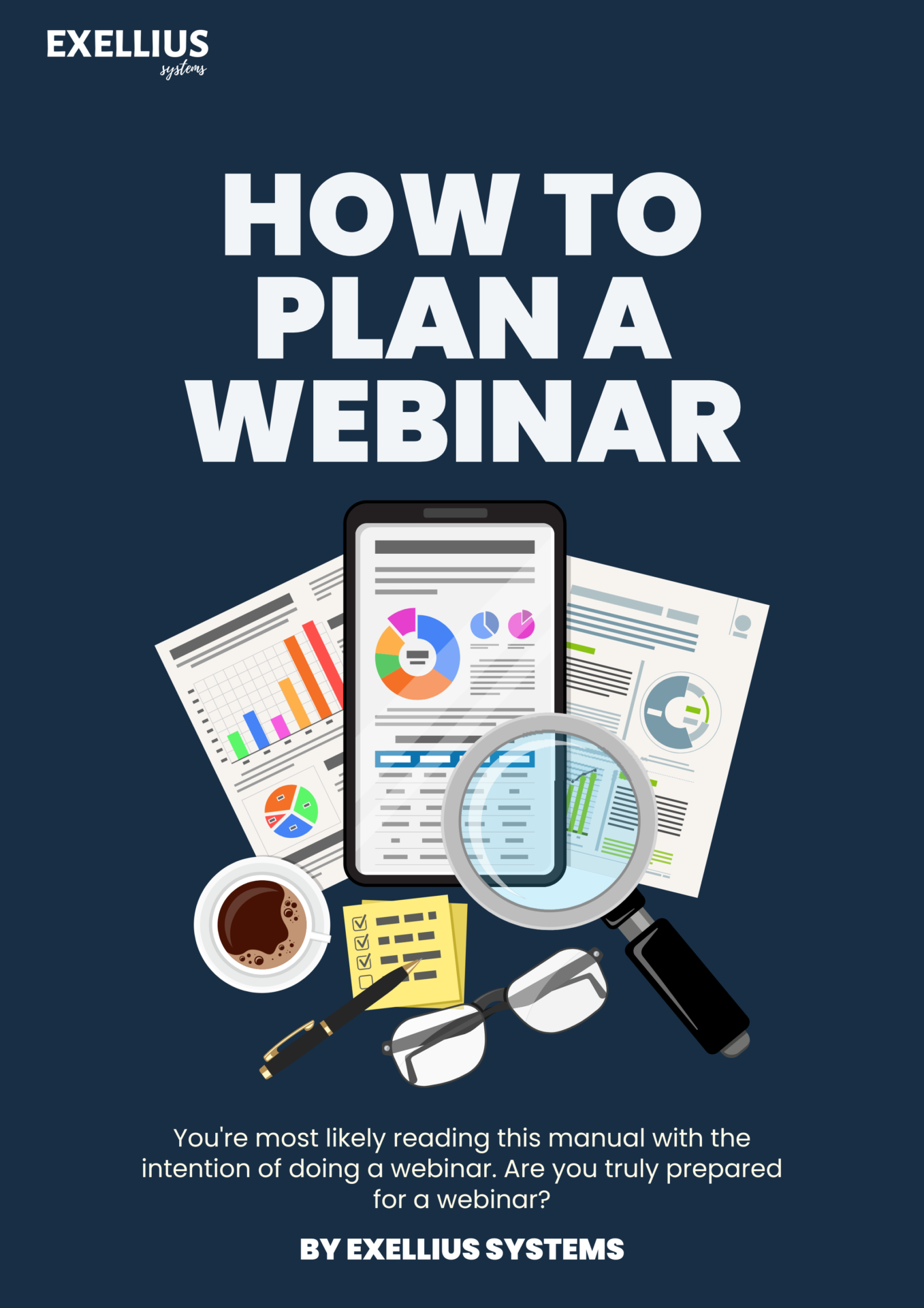
In recent years, the world of healthcare has undergone a remarkable transformation, and at the heart of this revolution lies the integration of Artificial Intelligence (AI). This groundbreaking technology has disrupted traditional healthcare practices, redefining the way we diagnose, treat, and manage various medical conditions. In this article, we will delve deep into the involvement of AI in healthcare and explore the myriad ways it is reshaping the industry.
Unveiling the Potential of AI in Healthcare
Enhancing Diagnostic Accuracy
One of the most profound impacts of AI in health_care is its ability to enhance diagnostic accuracy. Traditional diagnostic methods, while effective, often rely on human interpretation and may be subject to human error. AI, on the other hand, can analyze vast amounts of medical data with unparalleled precision. Machine learning algorithms can detect patterns and anomalies in medical images, such as X-rays, MRIs, and CT scans, at a speed and accuracy that surpass human capabilities. This not only reduces the margin of error but also accelerates the diagnosis process, potentially saving lives in critical situations.
Personalized Treatment Plans
AI-driven algorithms can analyze patient data, including medical history, genetic information, and lifestyle factors, to create personalized treatment plans. These tailored approaches to healt_hcare consider individual variations, ensuring that patients receive treatments that are optimized for their unique needs. Personalization not only improves patient outcomes but also minimizes the risk of adverse reactions to medications, leading to safer and more effective treatments.
Predictive Analytics for Disease Prevention
Prevention is often more effective and cost-efficient than treatment, and AI is proving to be a powerful tool in disease prevention. Machine learning models can analyze vast datasets to identify potential health risks and predict disease outbreaks. Healthcare providers can use this information to implement proactive measures, such as targeted vaccination campaigns and public health interventions, to mitigate the spread of diseases and reduce the burden on healthcare systems.
Streamlining Administrative Tasks
In addition to clinical applications, AI is streamlining administrative tasks in health_care. Chatbots and virtual assistants powered by AI can handle appointment scheduling, answer patient queries, and assist with billing and insurance-related inquiries. This automation not only reduces administrative overhead but also improves the overall patient experience by providing prompt and efficient service.
Challenges and Ethical Considerations
While the potential benefits of AI in healthcare are undeniable, it is essential to acknowledge and address the challenges and ethical considerations associated with its integration.
Data Privacy and Security
The use of AI in healthcare involves the collection and analysis of sensitive patient data. Ensuring the privacy and security of this information is paramount. Healthcare organizations must implement robust data encryption and access control measures to safeguard patient confidentiality.
Algorithm Bias
Machine learning algorithms are only as good as the data they are trained on. If these algorithms are trained on biased or incomplete data, they may perpetuate existing healthcare disparities. Addressing algorithmic bias is crucial to ensure equitable healthcare delivery.
Human-AI Collaboration
AI should be viewed as a tool to augment human capabilities, not replace them. Striking the right balance between human expertise and AI-driven insights is essential to maintain the human touch in healthcare.
The Future of Healthcare
The involvement of AI in healthcare is a journey of continuous evolution. As technology advances and our understanding of AI deepens, we can expect even more remarkable innovations in the field. From early disease detection to personalized medicine, AI holds the promise of revolutionizing healthcare as we know it.
In conclusion, AI’s role in healthcare is transformative, touching every aspect of the industry, from diagnostics to treatment and administration. While challenges and ethical considerations exist, the potential for improving patient outcomes and healthcare efficiency is immense. As we move forward, it is crucial to harness the power of AI responsibly and ethically, ensuring that it benefits all of humanity
For more tech content like this VisitIT and Tech:https://www.info-tech.online/
BANKING, ACCOUNTING, INSURANCE AND FINANCIAL SERVICES:https://www.finance-tech.online/
HEALTHCARE AND PHARMACEUTICALS:https://www.healthcare-tech.online/
TRANSPORTATION AND LOGISTICS:https://www.transport-tech.online/
ENTERTAINMENT, TRAVEL AND HOSPITALITY:https://www.entertainment-tech.online/
MARKETING, ADVERTISING AND PUBLIC RELATIONS:https://www.channel-tech.online/
HUMAN RESOURCES COMPENSATION AND BENEFITS:https://www.humanresources-tech.online/
MECHANICAL AND CIVIL ENGINEERING:https://www.engineering-tech.online/
MANUFACTURING AND CONSTRUCTION:https://www.manufact-tech.online/
NON-PROFIT AND NON-GOVERNMENT ORGANIZATIONS:https://www.nonprofit-tech.online/ Want to promote your content?
Visit:https://www.exellius.com/contact-us/ orhttps://www.mediamartech.com/contact-us/c







